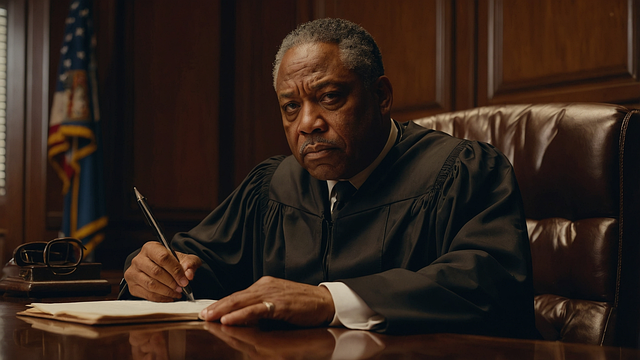When a dog bite compensation claim is denied, understanding your legal rights and gathering comprehensive evidence, including medical records and witness testimonies, is crucial. Consult a specialist attorney for guidance on appealing or re-filing, ensuring fair compensation. Adhere to insurer procedures and consider professional help, especially in complex cases involving defective leashes or employment contracts.
After a dog bite, seeking compensation is a crucial step towards healing and justice. However, claims are often denied, leaving victims feeling frustrated. This article guides you through the process of handling a denied dog bite compensation claim. We explore your legal rights, emphasize the importance of gathering evidence, and provide a step-by-step approach to navigating appeals for fair resolution. By understanding these key aspects, you can effectively pursue the dog bite compensation you deserve.
- Understanding Your Legal Rights After a Denied Claim
- Gathering Evidence to Reinstate Your Dog Bite Compensation Case
- Navigating the Appeals Process for Fair Resolution
Understanding Your Legal Rights After a Denied Claim

After a denied dog bite compensation claim, it’s crucial to understand your legal rights and options. In many jurisdictions, victims have the right to appeal or re-file their claims if initial efforts fail. A car accident attorney specializing in personal injury law can provide invaluable guidance on navigating these complex processes. They can help gather evidence, such as medical records and witness statements, which may have been overlooked during the initial claim.
It’s important to remember that dog bite compensation is different from other types of accident claims, like elder abuse or car accidents. The specific laws and procedures vary, so engaging a qualified attorney who understands these nuances can significantly enhance your chances of success. They will fight for your rights and ensure you receive the fair compensation you deserve for any injuries suffered due to a dog bite incident.
Gathering Evidence to Reinstate Your Dog Bite Compensation Case

When your dog bite compensation claim is denied, it can feel like a setback. However, don’t lose hope; gathering compelling evidence to strengthen your case is crucial. The first step is to collect detailed documentation of the incident, including any medical records related to the injury. These records are essential as they provide proof of the injury’s severity and extent, which is key in convincing the insurance company or a court that you deserve compensation.
Additionally, gather testimonies from witnesses present during the bite. Their accounts can corroborate your story and add credibility to your claim. Take photos of any visible wounds and keep records of any medical treatment received—prescriptions, bills, and receipts. Even seemingly insignificant details can be significant in a dog bite case. Engaging the services of a medical malpractice lawyer can also help ensure that every aspect of your injury claim is thoroughly documented and presented in your favor, ultimately enhancing your client’s recovery prospects.
Navigating the Appeals Process for Fair Resolution

Navigating the appeals process for a denied dog bite compensation claim can seem daunting, but understanding your rights and options is crucial. If your initial claim has been rejected, don’t despair; it’s not the end of the road. The first step is to thoroughly review the reasons given for the denial. This will help you identify any gaps in your initial claim or potential areas where additional evidence could strengthen your case.
In many cases, insurance disputes involving dog bite compensation can be resolved through a structured appeals process. This may involve submitting additional medical records, witness statements, or expert opinions that support your claim. It’s essential to adhere to the specific procedures and deadlines outlined by your insurer. If you’re dealing with product liability related to a dog bite (e.g., defective leash), or employment contracts where a dog bite occurred on the job, these processes may differ slightly, but the core principles of gathering evidence, submitting appeals, and seeking professional legal counsel remain vital for achieving a fair resolution.
After navigating the initial denial of your dog bite compensation claim, understanding your legal rights and gathering robust evidence are key steps towards a fair resolution. If the appeal process is required, stay persistent and document every step taken. By presenting a strong case, you can ensure that justice is served for both parties involved in such incidents. Remember, knowing your rights and being prepared with evidence can make all the difference in securing the dog bite compensation you deserve.






